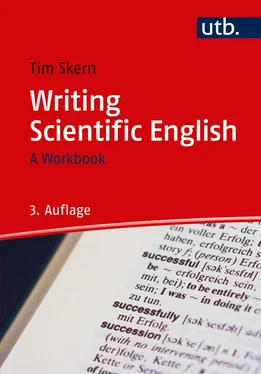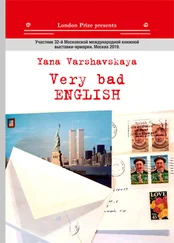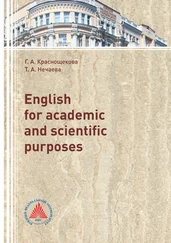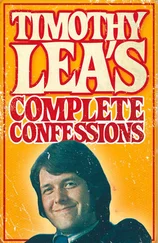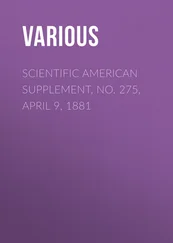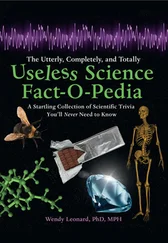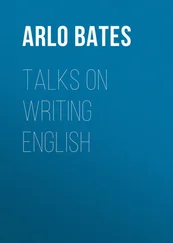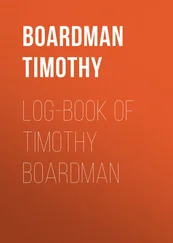Box 1.4Words for linking sentences in scientific writing
Do you want to add further information to that contained in the previous sentence? Use words such as: “in addition”, “additionally”, “further”, “furthermore”, “indeed” or “moreover”. These words will enable you to avoid starting sentences with “and”.
Do you want to introduce contrasting or contradictory information to that contained in the previous sentence? Use words such as “however”, “in contrast”, “instead”, “nevertheless”, “occasionally”, “of course”, “on the contrary”, “conversely” or “otherwise”. These words will enable you to avoid starting sentences with “but”.
Do you want to start a sentence with “because”? Do not do so. Instead, combine this sentence with the previous one so that the word “because” leads into the second half of the sentence.
Do you want to introduce information that follows from the previous sentence? Then use words such as: “accordingly“, “as a result“, “consequently”, “hence”, “in short”, “subsequently“, “therefore”, “thus” or “to this end“. These words enable you to avoid starting sentences with “so”.
Other important linking words:
Giving examples: “for example“, “for instance“
Finishing up: “in summary“, “in short”, “in conclusion”, “taken together”
1.2.5Avoid ending sentences with “too”, “also”, “though” or “yet”
Using such words at the end of sentences is again considered to be poor style and not formal English.
Formal English does not contain the word “get”. There are two reasons. First, “get” is considered poor style in a scientific manuscript. Second, the clarity of a sentence will always be improved by omitting “get” or by replacing it with more suitable words such as “have”, “receive”, “obtain”, “possess” or “become”. Similarly, phrases containing “get” can usually be replaced by a single word that more exactly expresses the idea. For example, there are several alternatives to “get rid of” (delete, eliminate, omit, remove) and to “get better” (ameliorate, improve, recover).
Here are two sentences that illustrate the problem.
“My supervisor got excited when I got some results using samples I got from Africa. However, she got angry when she got to know that I had got hold of them illegally.”
The improved text appears much more formal when “got” is omitted (after “samples”) or replaced.
“My supervisor became excited when I obtained some results using samples from Africa. However, she grew angry when she found out that I had acquired them illegally.”
1.2.7Avoid vagueness, sensationalism and exaggeration
Scientific writing should be accurate, appropriate and measured. To achieve greater accuracy, eliminate words such as “a lot”, “a bit” and “a little” in scientific writing. They have no value. Alternatives for “a lot” include: “several”, “many”, “certain”, “numerous”, “considerable”, “a plethora”, “a panoply”. Find your own alternatives for “a bit” and “a little” using the resources given in section 7.1.
Make your scientific writing appropriate by avoiding adjectives such as “amazing”, “incredible”, “unbelievable”, “stunning” or “spectacular”. In addition, do not end sentences with exclamation marks.
Absolute statements (e. g. “This hypothesis will never be falsified.”) and exaggerated accuracy (e. g. “Our results provide 100% proof of our theory.”) have no place in measured scientific writing.
Emails and text messages are slowly leading the way to the elimination of “a” and “the” from the English language. Until they disappear completely, it is important to use them correctly in scientific English. In addition , their use often presents a special problem for those whose first language lacks such words. This includes speakers of Chinese, Japanese, the Slav languages and most African languages.
Box 1.5presents some guidelines for their use. The three sentences below illustrate the use of the guidelines.
“During his voyages, Darwin noticed variation in animals. He became interested in a variation in the beaks of finches. Only a scientist with Darwin's background could have noticed the variation in these birds.”
The word “variation” appears once in each sentence. In its first appearance, it is not preceded by “a” or “the” because it is a universal concept (guideline 3). In the second sentence, “variation” is preceded by “a” because the variation in the beaks is just one of many that Darwin observed (guideline 1). In the third sentence, “variation” is preceded by “the” because the variation is the specific one referred to in the second sentence (guideline 2).
Box 1.6provides a further opportunity to practise using the guidelines for “the” and “a”.
Box 1.5Guidelines for using “the” and “a”
1. If you use a word to refer to something that is common (to be strictly accurate, something that occurs more than once in the universe), you will need to put “a” in front of that word. If the word begins with a vowel, you will need “an”. “A” and “an” are never used before words in the plural. Examine the use of “a” and “an” in the sentences below.
“There is a big mess on my desk.”
“We did an experiment to verify this.”
There are many messes on many desks in the universe. Many experiments are done every day.
2. You always need “the” if the thing you are referring to is specific, even though there are many of them. The following sentences follow on from those above.
“The big mess on my desk is growing.”
“The experiment verified our hypothesis.”
The mess and the experiment were specified in the sentences above. This excludes all other messes and experiments, wherever they are and whenever they occurred.
3. You do not need “a” or “the” at all if the word you are using covers a universal concept or has a general meaning.
“Messes are often interesting.”
“Experiments form the basis of science.”
4. Some words that are universal concepts can also be used specifically and therefore require “the” The word “hygiene” is a good example.
“Hygiene is important in hospitals.”
“The hygiene in the old hospital is poor.”
5. You do not need “a” or “the” if a word indicating possession (e. g. “my, its, their”) precedes the thing you are describing.
Box 1.6Practising the use of the articles “the” and “a” in English
The text below is based on an abstract written by a student whose first language does not use this type of article. The original has been modified to make it more accessible, whilst keeping the errors in the use of “the” and “a.” The idea of “patient-specific design of medicines” is fictitious but it fits well with the original text. Read the text, concentrating on the position and presence or absence of the articles “the” and “a”. Some are used correctly, some used incorrectly. Occasionally, an article is missing completely. Each sentence needs at least one correction. Use the guidelines to decide how to improve the text. My suggestions are to be found in section 1.6.2.
Patient-specific design of medicines (PSDM) is novel method which was first described by Smith and Jones. PSDM method is based on the conventional designs modified by using alternative gene-based protocol. Main feature of the PSDM approach is its high specificity of treatment. The principle of the PSDM approach is depicted in the Figure 1.
Читать дальше
